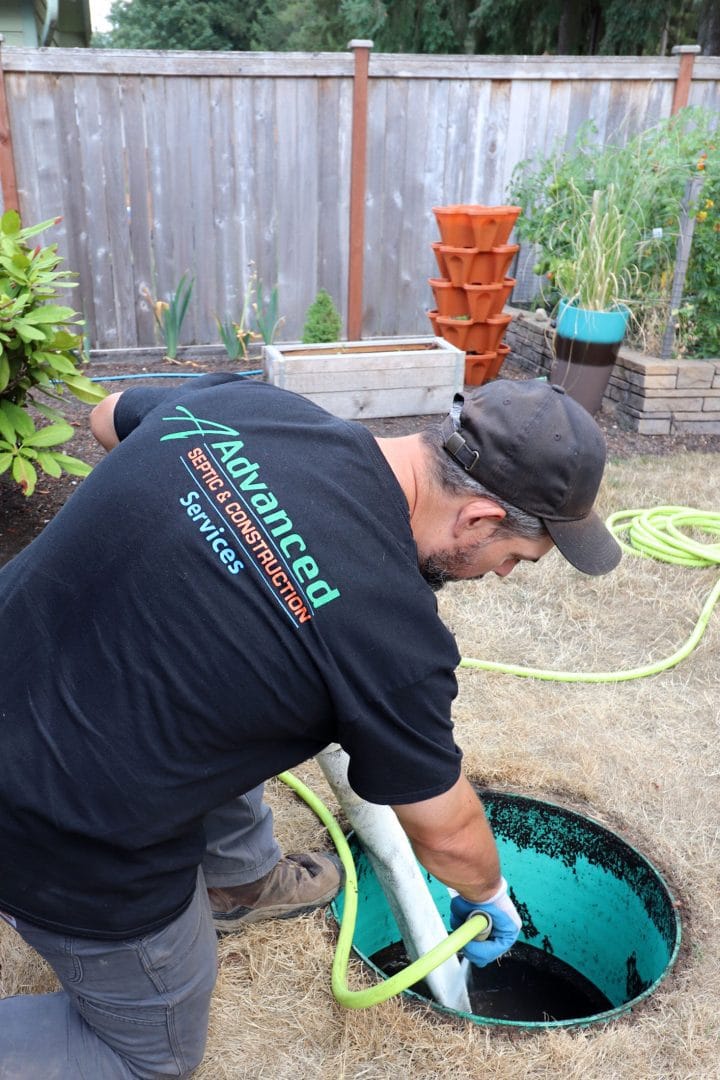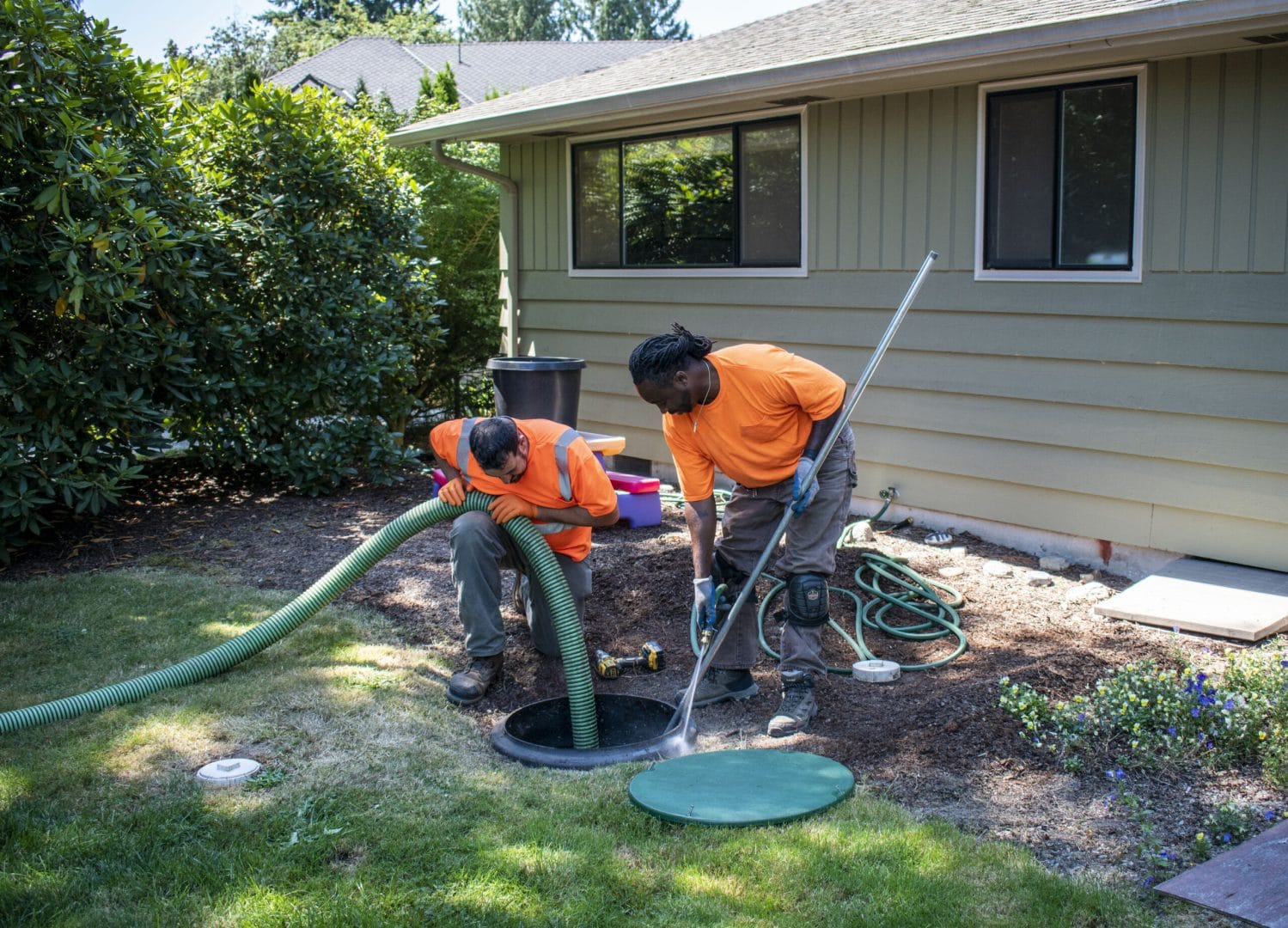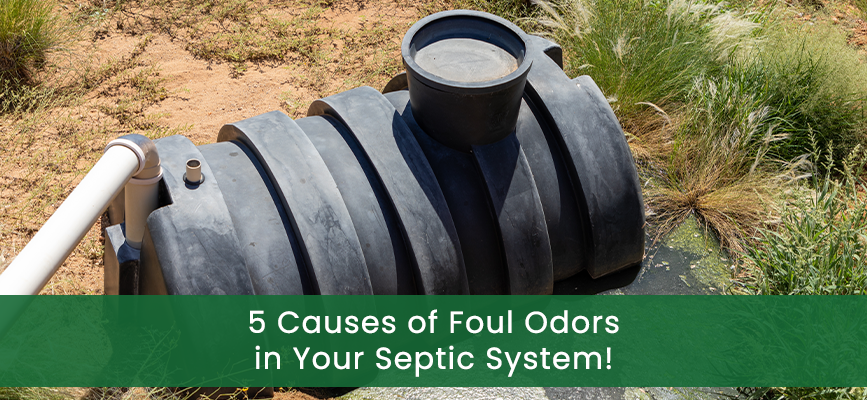Approximately six out of ten homes in the US have septic systems installed. Particularly in South King County, Washington, which has an abundance of septic systems. They are a hygienic and economical method of managing sewage water from homes. A home will undoubtedly benefit from numerous years of trouble-free management of household gray water thanks to properly maintained septic tank systems. Regular septic tank pump servicing and septic system inspection by a licensed King County septic system service are the most important aspects of system maintenance.

You can determine whether septic tank pumping is necessary by having the septic tank regularly inspected by an expert King County septic tank pumping provider (A Advanced would love to help!) A lot of septic tank systems require inspections roughly every three years. It will be necessary to inspect certain septic tank systems with mechanical components more frequently. A proposal for the frequency of septic tank pumping and septic system inspection will be found in the septic tank system’s records.
Septic Tank Pumping – Depending on the number of occupants, many homeowners want to know how frequently they should have their septic tanks pumped. There is no universally applicable formula for determining when a septic tank needs to be pumped. Rather, it depends on a number of factors. However, there are ways to predict when a septic tank needs to be pumped and things you can do to delay the need for septic tank pumping. It is wise to follow the King County Health Department’s recommendation and have the septic tank pumped out every three years rather than taking a chance with the system.
Your certified King County Septic Tank Pumping Contractor can determine the required septic tank pumping frequency for your specific family and septic tank system in a number of ways. You will need to have the septic tank pumped in order for the septic tank pumping professional to estimate how frequently your household should have the septic tank pumping performed. At that time, the septic system service professional will make that decision. As an illustration, a typical four-bedroom house in King County, Washington, has a 1000–1500 gallon septic tank. A family of four can anticipate needing the septic tank to be pumped out every three to five years under normal use.

The septic tank’s scum (top) and sludge (bottom) layers serve as the primary determinants of the frequency of pumping. The layers will be examined by a technician during the septic tank inspection. How the septic tank system is used and what is flushed down domestic drains have a significant impact on both layers.
The size of the septic tank in relation to the size of the family using the septic tank system is another consideration. A septic system that is too small for the house may require more regular pumping out. Homes constructed before 1980 tend to be older and more likely to be in this predicament. When installing a new septic tank system after 1980 or so, the size of the house that is being built on the site is taken into account.
The number of residents and how the system is used are the two key factors that affect the frequency of septic tank pumping. Naturally, more waste water will be produced the more people using the septic system and drain field. You can’t change this, but it is important to have in mind when deciding how frequently to plan septic tank pumping and inspection of the septic tank system. The one aspect of septic tank usage that homeowners can monitor and modify to assist lengthen the intervals between septic tank pumping is its use. It’s crucial to control how much water is used in the home, as well as what goes down the sink, dishwasher, washer, and toilet. If a garbage disposal is installed, this is even more crucial.

Water – The amount of water that enters the septic system can be greatly reduced by using high efficiency or water-saving plumbing fixtures, such as toilets and faucets. Another technique to lessen water waste that could cause the septic tank to fill up sooner is by fixing leaks and drips.
Waste – Managing the solid waste that enters the septic tank system is another way to ensure that it keeps working effectively. Things that should never be flushed or washed down the drains and end up in the septic tank could overload the system. With a septic tank system, never use a garbage disposal, and only flush toilet paper.








